Think of your planner as your personal productivity superhero. It’s there to help you keep track of your tasks, goals, and deadlines, turning chaos into order with just a few scribbles. But even the best superhero needs a sidekick, and in this case, it’s your motivation and consistency. Keeping up with your planner can sometimes feel like a chore, but with the right mindset and strategies, you can make it a regular, enjoyable part of your day. Dive in with me to discover how you can stay motivated and make using your planner a fun, consistent habit!
Understanding Motivation and Consistency
Motivation is the driving force that propels you to use your planner regularly. It’s what makes you eager to set goals and track your progress. Without motivation, even the best-planned schedules can fall by the wayside. Consistency, on the other hand, is key to forming the habit of using your planner. It’s about making planner use a routine part of your day so that it becomes second nature. Both motivation and consistency work hand in hand to help you stay organized and achieve your objectives.

Effective Ways to Stay Motivated
- Set Clear Goals: Start with clear, specific goals for what you want to achieve with your planner. Whether it’s managing daily tasks or tracking long-term projects, knowing what you’re working towards can keep you focused and driven.
- Personalize Your Planner: Make your planner uniquely yours. Use colors, stickers, photos, motivational quotes or design elements that make you excited to use it. A planner that reflects your personal style can make planning more enjoyable.
- Celebrate Milestones: Recognize and celebrate your achievements, no matter how small. Reward yourself when you reach milestones, whether it’s completing a project or sticking to your planning routine for a month.
- Reflect Regularly: Take time to review what’s working and what isn’t. Reflecting on your progress can boost motivation by helping you see how far you’ve come and adjust your strategies if needed.
- Visualize Success: Regularly remind yourself of the benefits of staying organized. Visualizing how your planner helps you achieve your goals can keep you motivated and focused.
Strategies for Maintaining Consistency
- Create a Planning Ritual: Develop a daily or weekly ritual that makes planning a part of your routine. Whether it’s a cup of coffee while you plan your day or a weekly review session, having a ritual makes the process enjoyable and less of a chore.
- Set Reminders: Use alarms or notifications to remind you to update your planner. Setting reminders helps you integrate planning into your daily routine without having to rely solely on memory.
- Keep Your Planner Accessible: Keep your planner in a place where you’ll see it regularly, like on your desk or in your bag. The more visible it is, the more likely you are to use it consistently.
- Keep It Simple: Avoid overcomplicating your planning process. A simpler system is often easier to maintain consistently than a complex one.
- Use Planner Pages Effectively: Utilize various sections of your planner, such as goal-setting pages, habit trackers, or to-do lists. A well-organized planner that serves multiple purposes can help you stay engaged and consistent.
- Track Your Habits: Use your planner to track not only your tasks but also your habit of using it. This self-monitoring can increase accountability and consistency.
- Adjust As Needed: If you find certain strategies or layouts aren’t working, don’t be afraid to make changes. Adapting your planner to fit your needs can help maintain your consistency.
- Stay Positive: Focus on the positive aspects of using your planner. Celebrate your successes and avoid dwelling on missed entries or mistakes. Maintaining a positive attitude helps you stay motivated and consistent.

Addressing Common Obstacles
- Overcoming Procrastination: If you’re putting off using your planner, start with small, easy tasks. Gradually increase the complexity of your entries as you build the habit.
- Lack of Time: If you feel like you don’t have enough time to use your planner, try setting aside just 5-10 minutes each day. Even a brief planning session can make a big difference.
- Forgetfulness: To tackle forgetfulness, establish visual cues around your environment. Place sticky notes or reminders in strategic locations, like on your fridge or computer monitor, to prompt you to use your planner. You can also set up recurring reminders on your phone or computer.
- Inconsistent Usage: If you struggle with maintaining a consistent planning habit, try tracking your planning sessions on a habit tracker. Reward yourself for consistent use with small incentives, like a treat or a short break. Additionally, find an accountability partner who can help you stay on track.
- Dealing with Disorganization: If your planner feels cluttered, focus on simplifying your entries. Use broad categories for tasks and limit the amount of detail you include. Regularly review and clean up your planner to keep it functional and uncluttered.
- Resistance to Change: If you’re resistant to adopting a new planner or planning method, gradually integrate changes. Start by adding one new element or habit at a time, rather than overhauling your entire system all at once. This incremental approach can help ease the transition.
- Combatting Lack of Motivation: Revisit your goals and remind yourself of the benefits of using your planner. Sometimes a little motivation boost can help you get back on track.
- Planning Fatigue: To avoid planning fatigue, make sure to balance your planning sessions with breaks. If you find planning becoming a chore, introduce a variety of planning activities, such as brainstorming sessions or creative goal-setting exercises, to keep things interesting.
Conclusion
Alright, there you have it! Staying motivated and consistent with your planner doesn’t have to be a struggle. With these tips, you’ll turn your planner into your personal success buddy. Remember, it’s all about finding what works best for you—whether it’s setting up reminders, making planning fun with stickers, or keeping things simple.
Give these strategies a try and watch how they transform your planning game. And hey, I’d love to hear from you! Share your own tips and experiences with me in the comments.
Happy planning!
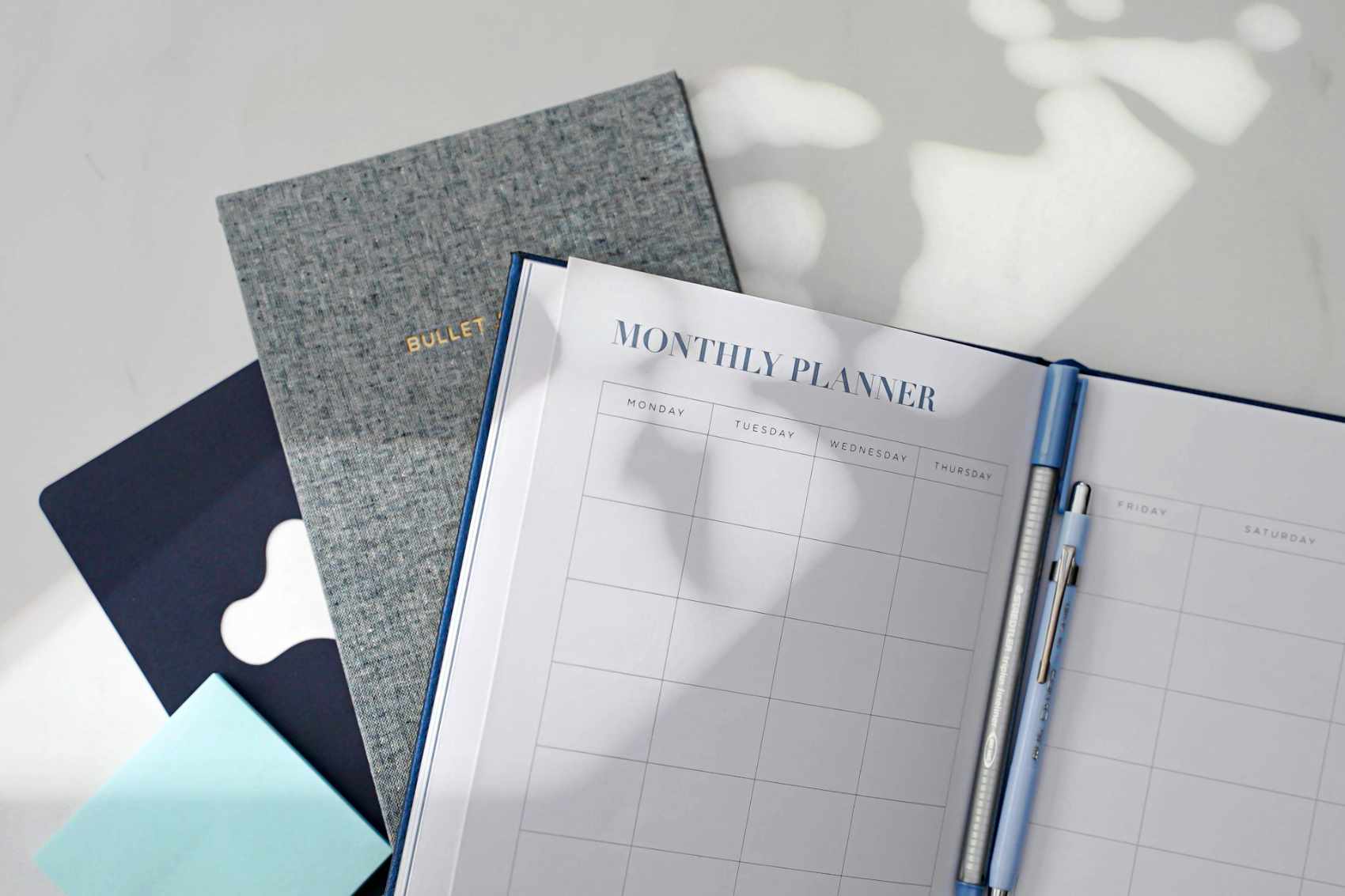
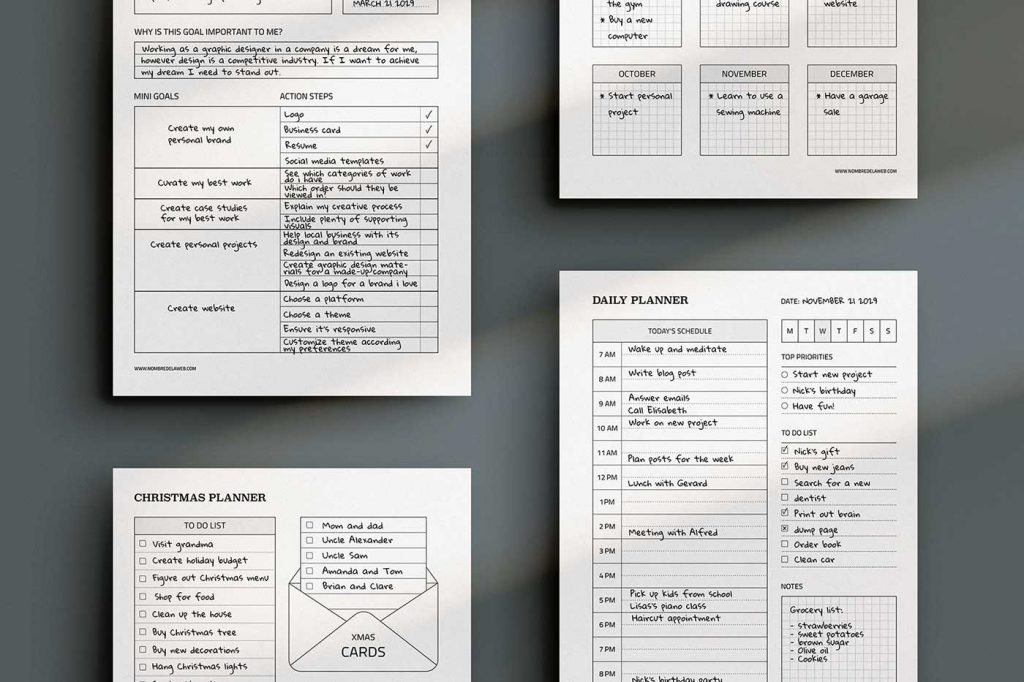
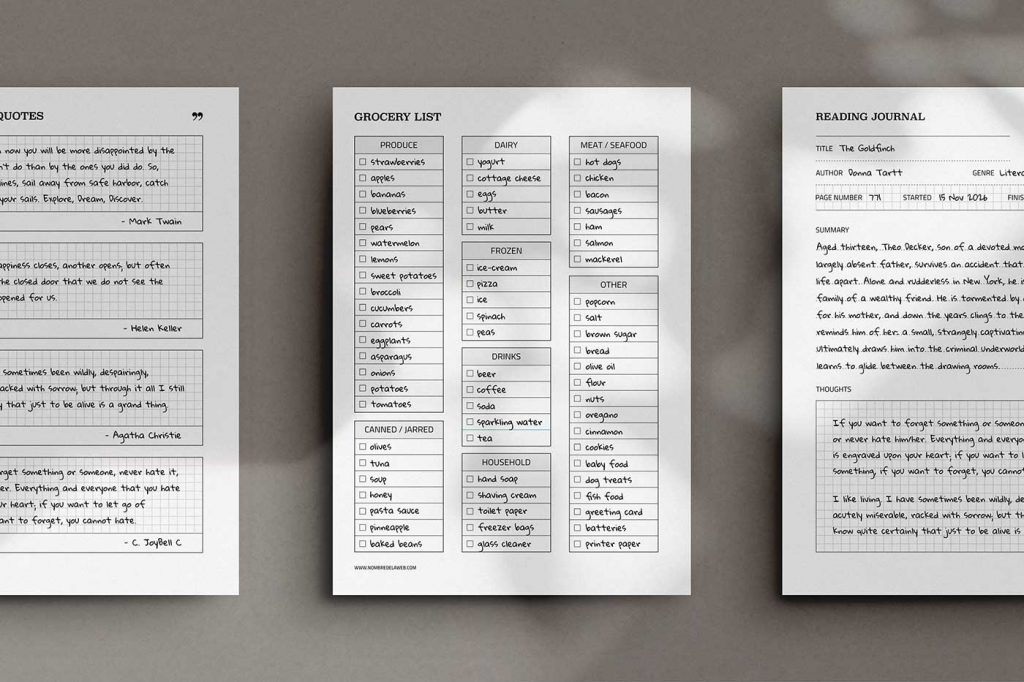
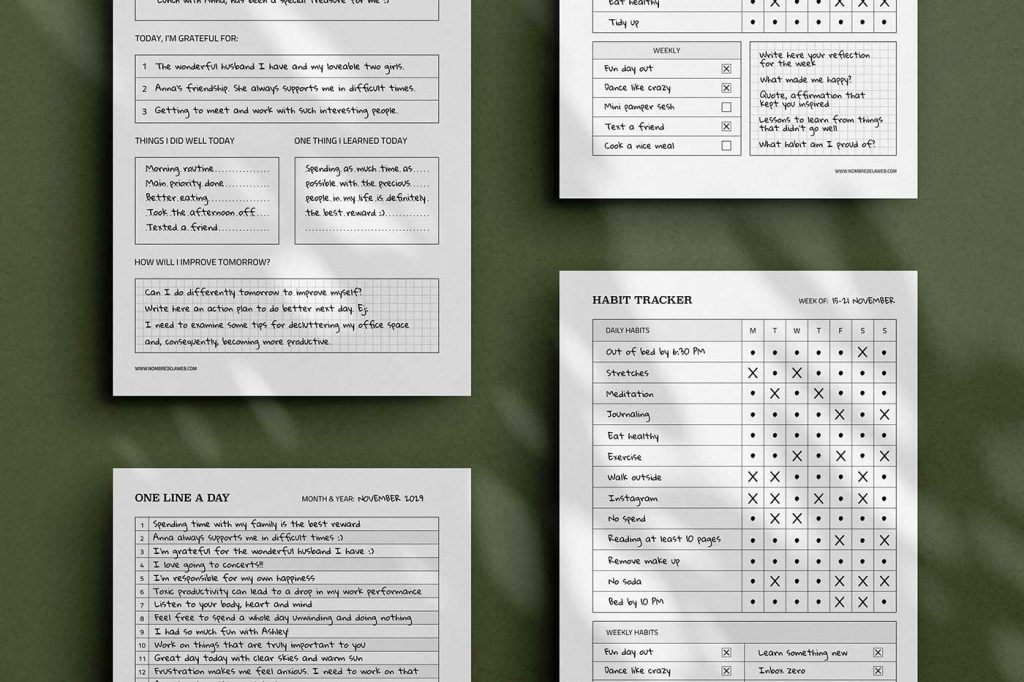
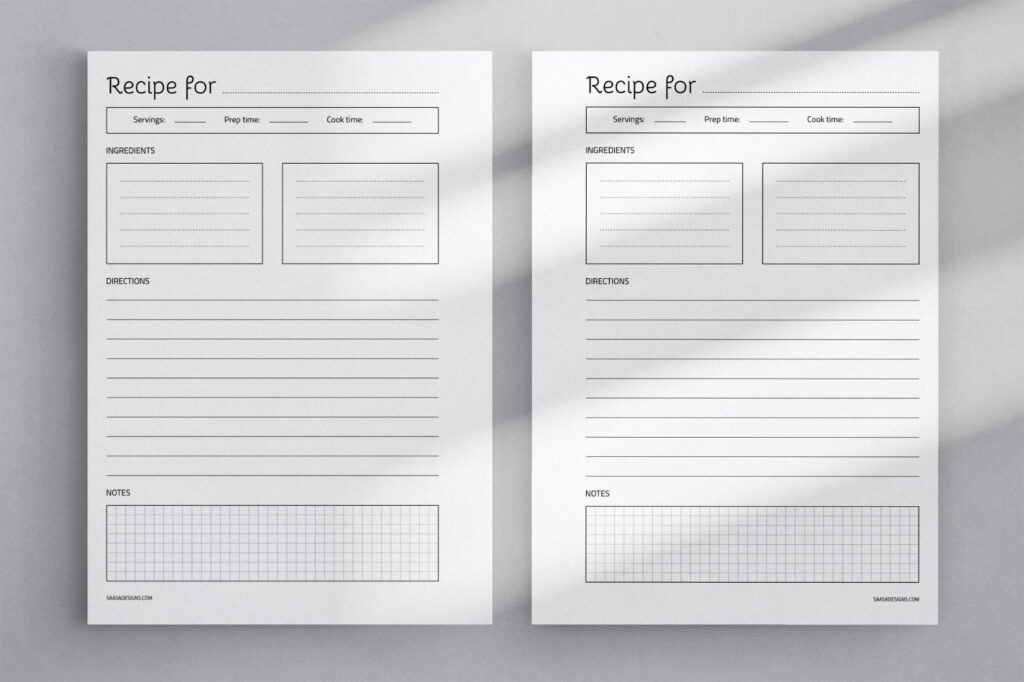
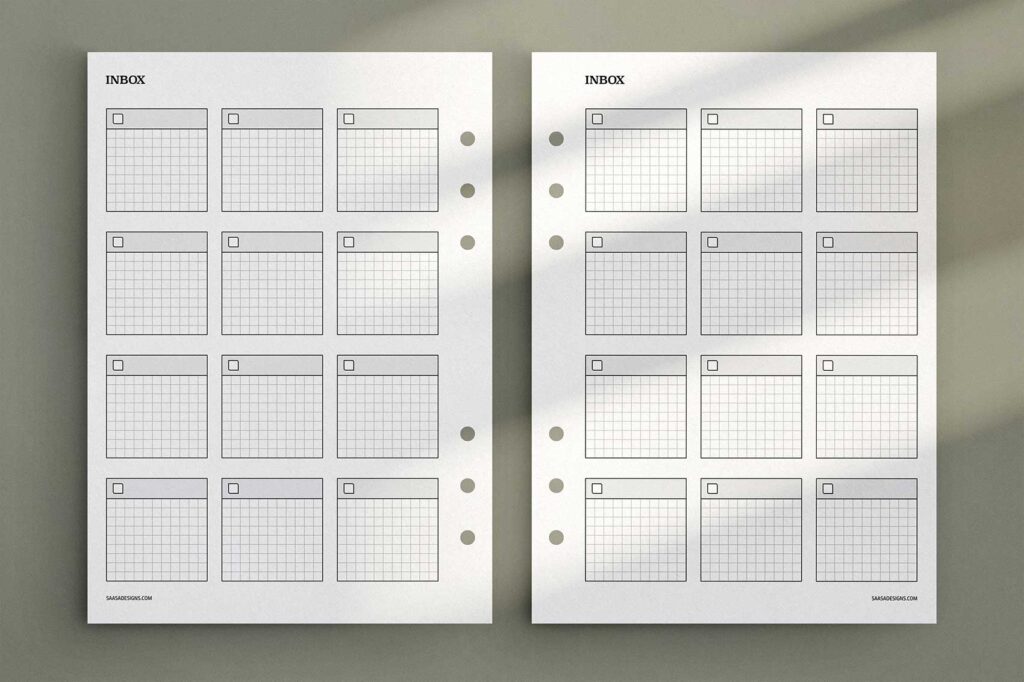
Leave a Reply